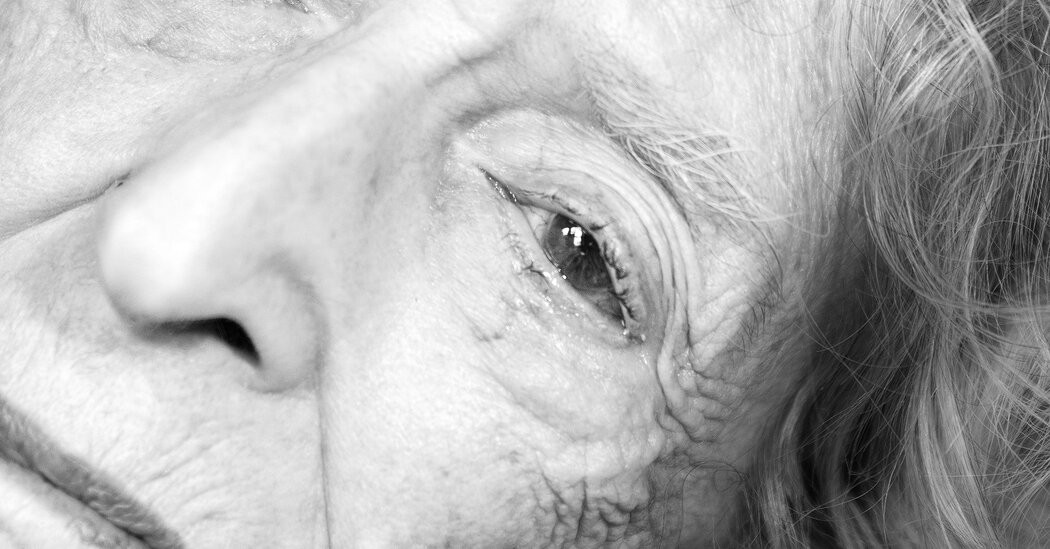

In June, in the sort of portentous tableau that would not have been out of place in her own fiction, a leak opened in the ceiling of Lore Segal’s apartment on the Upper West Side of Manhattan. For hours, water splashed across the kitchen countertops and onto the tiled floor, collecting in murky puddles and defying all efforts by Segal and her part-time nursing aide to catch it with buckets or stanch it with spare towels. Only when the building superintendent managed to locate the source of the problem — faulty pipes in the unit above — was the flood finally halted. Segal and the aide and Segal’s grandson Isaiah were left to mop up the mess.
Two days later, Segal traveled with her daughter, Beatrice, to Shelter Island to visit a friend. “She was anxious about leaving the apartment,” Beatrice recalled, “so Isaiah agreed to stay, to keep an eye on things, and that seemed to make her feel better. But as soon as we got there, it was clear that something was wrong. She went from being able to walk to not being able to walk in the space of a day.” Segal didn’t want to eat; she drank reluctantly. “Really, all I could do,” she told me, “was lie on my back, on a marvelous stretch of green grass, looking out at a marvelous stretch of water.”
Beatrice cut short the trip and drove her mother back to Manhattan to the emergency room at Mount Sinai. “I remember sitting in the car and thinking, OK, yes, I know the reality of the situation: She’s 96 and not in the greatest of health. Still, I kept fantasizing that the doctors would just give her some fluids, give her some nutrition and send her on her way again.”
Her hopes were not entirely misplaced: Segal had a long history of rebounding from catastrophe. In her 80s, she underwent open-heart surgery to address a misbehaving valve; in her 90s, she had a pacemaker installed. Her left hip had been replaced; during the pandemic, she was hospitalized with what turned out to be a case of pneumonia. And a few months earlier, she lost vision in her right eye. Miraculously, none of the incidents seemed to slow her down. “She was still able to get out, albeit with a walker,” her publisher, Dennis Johnson, told me. “She still had the charm and the wit.” She still wrote too — writing being her way, as she put it to me, of “being understood and understanding myself. I consider it the most amazing thing one can do with one’s life: to find out what has actually happened.”
Even as her eyesight faded, Segal adhered to the same routine she kept for nearly the entirety of her 70-year career: up early, with the first fingers of light through the bedroom windows. Coffee and toast, always rye, always lightly toasted, usually with butter, but occasionally with gooseberry jam, a condiment that reminded her of her time in England, where she fled as a child to escape the Nazi takeover of her native Vienna. Then on to the notepad or typewriter or laptop. It was this practice that allowed her to produce an unparalleled run of wise and funny New Yorker short stories; this practice that yielded five groundbreaking novels, the penultimate of which was named a finalist for the Pulitzer Prize. And it was this practice that had driven her to write, between previous surgeries, a popular sequence of stories centered on the lives of a group of elderly writers and artists in Manhattan. (The “Ladies’ Lunch” series, she called it.)
But sitting alongside her in the hospital, Beatrice could tell her mother’s resiliency would no longer be sufficient. A battery of tests, the doctors explained, showed that Segal had suffered a cardiac event while on Shelter Island — probably a minor heart attack. Was there anything to be done? Not at her age, no. “Between the heart stuff and her blindness, difficulty getting around, lack of hunger — and the kitchen flood, which felt like the last straw — I think she’d lost the last of the will she’d been holding on to,” Beatrice told me.